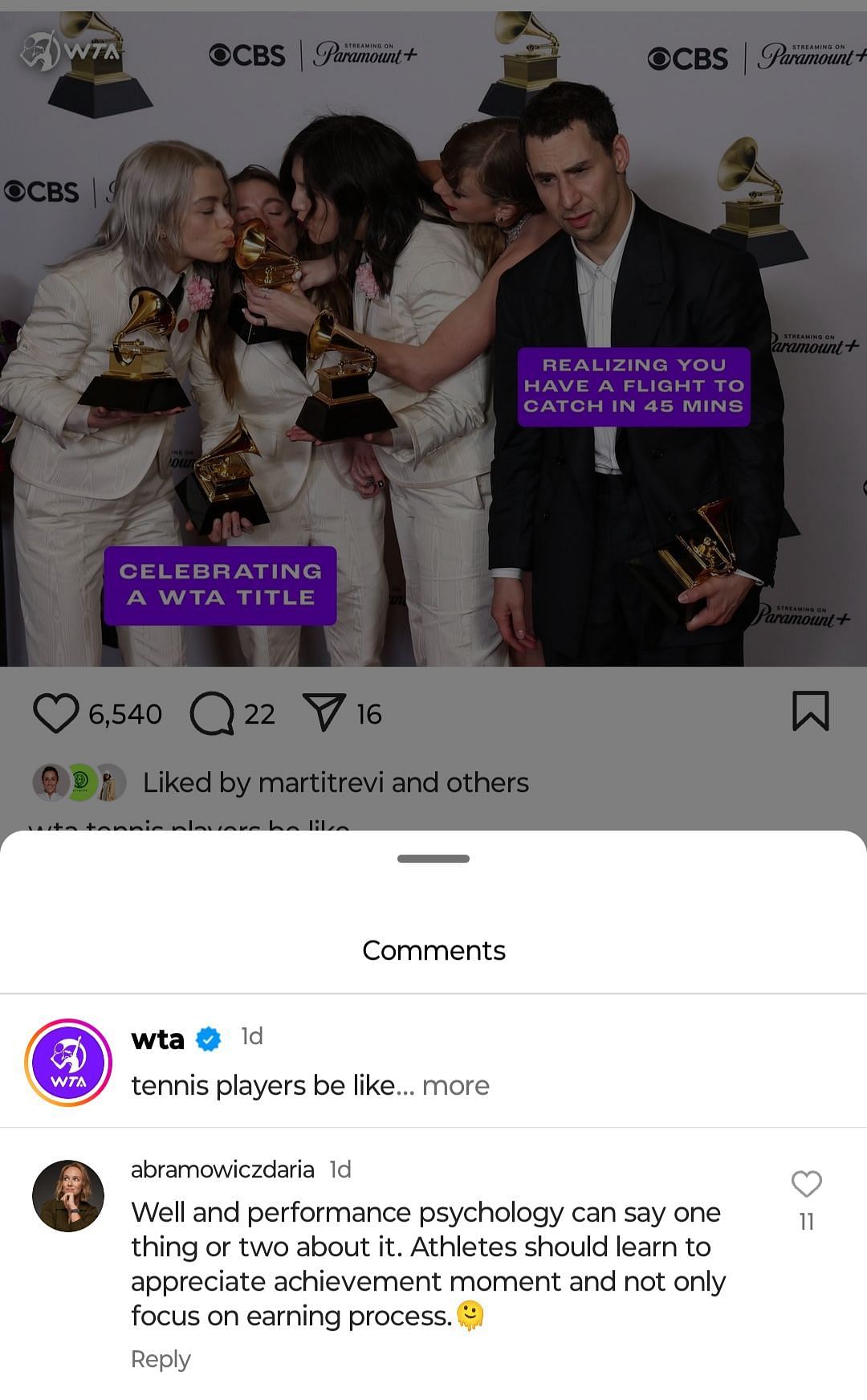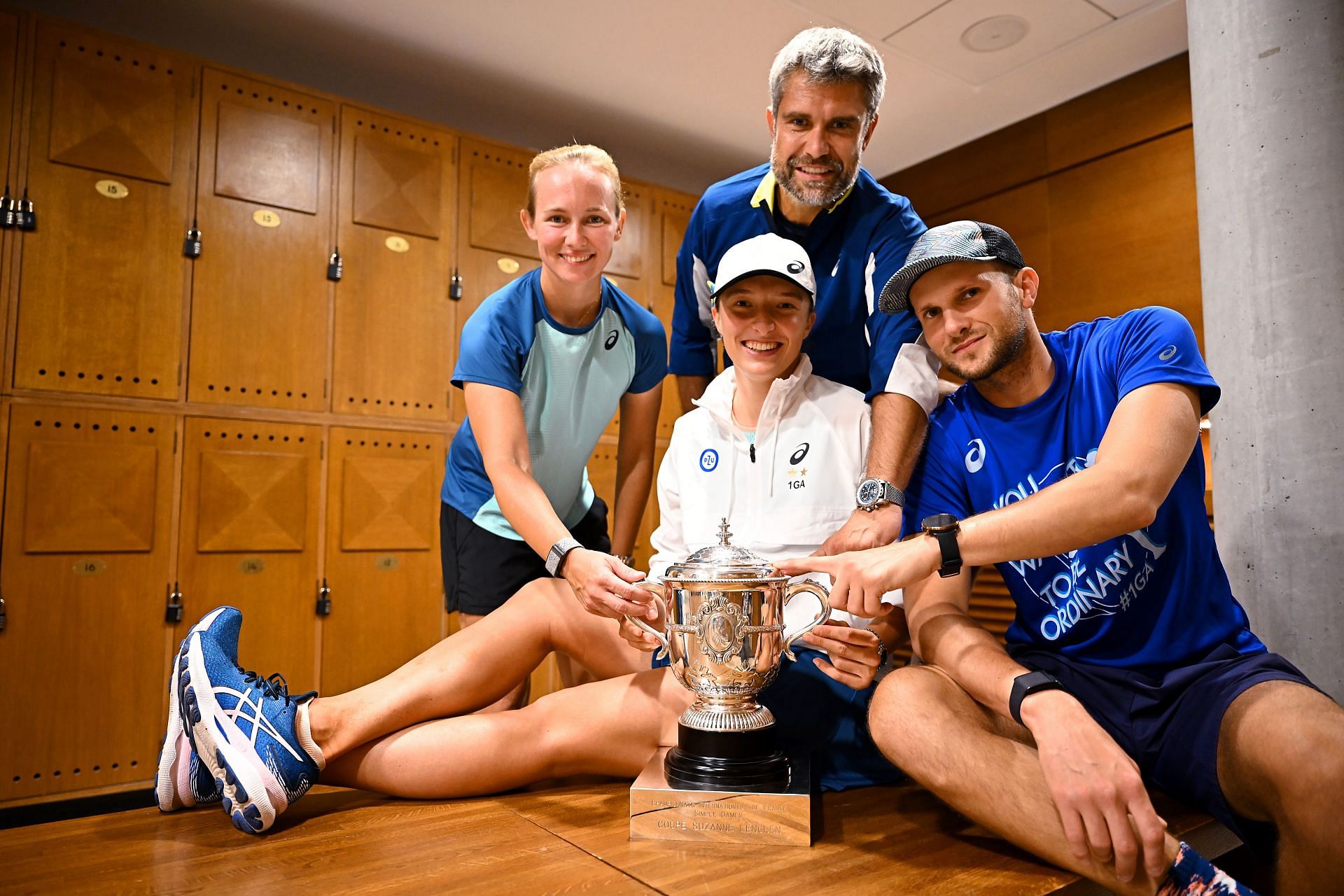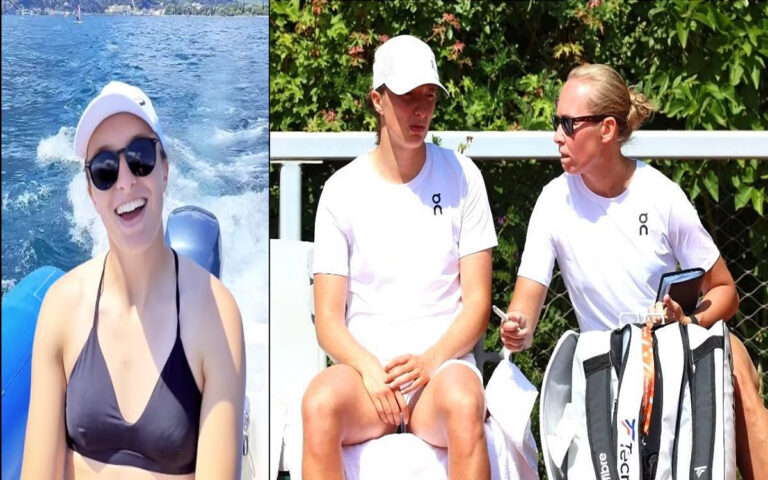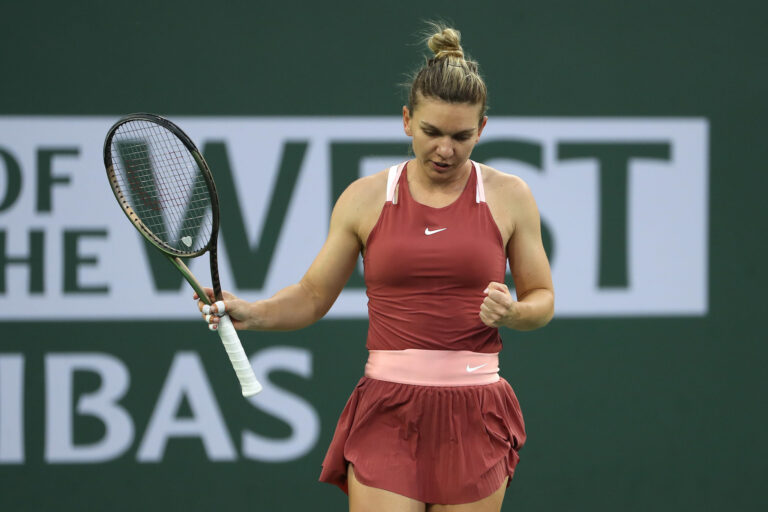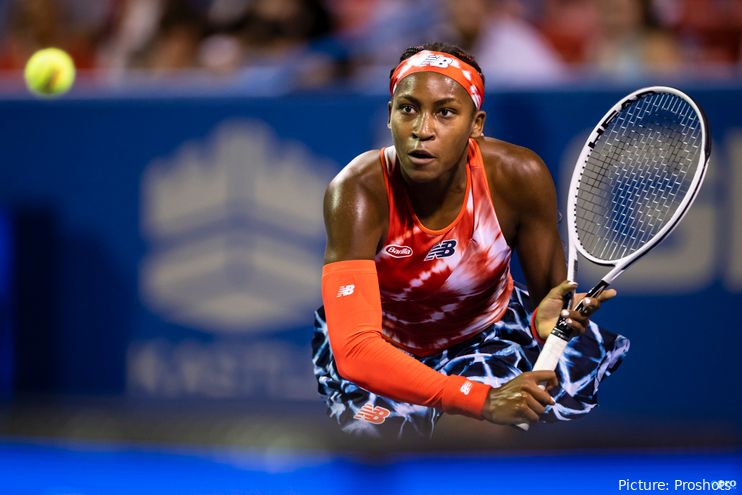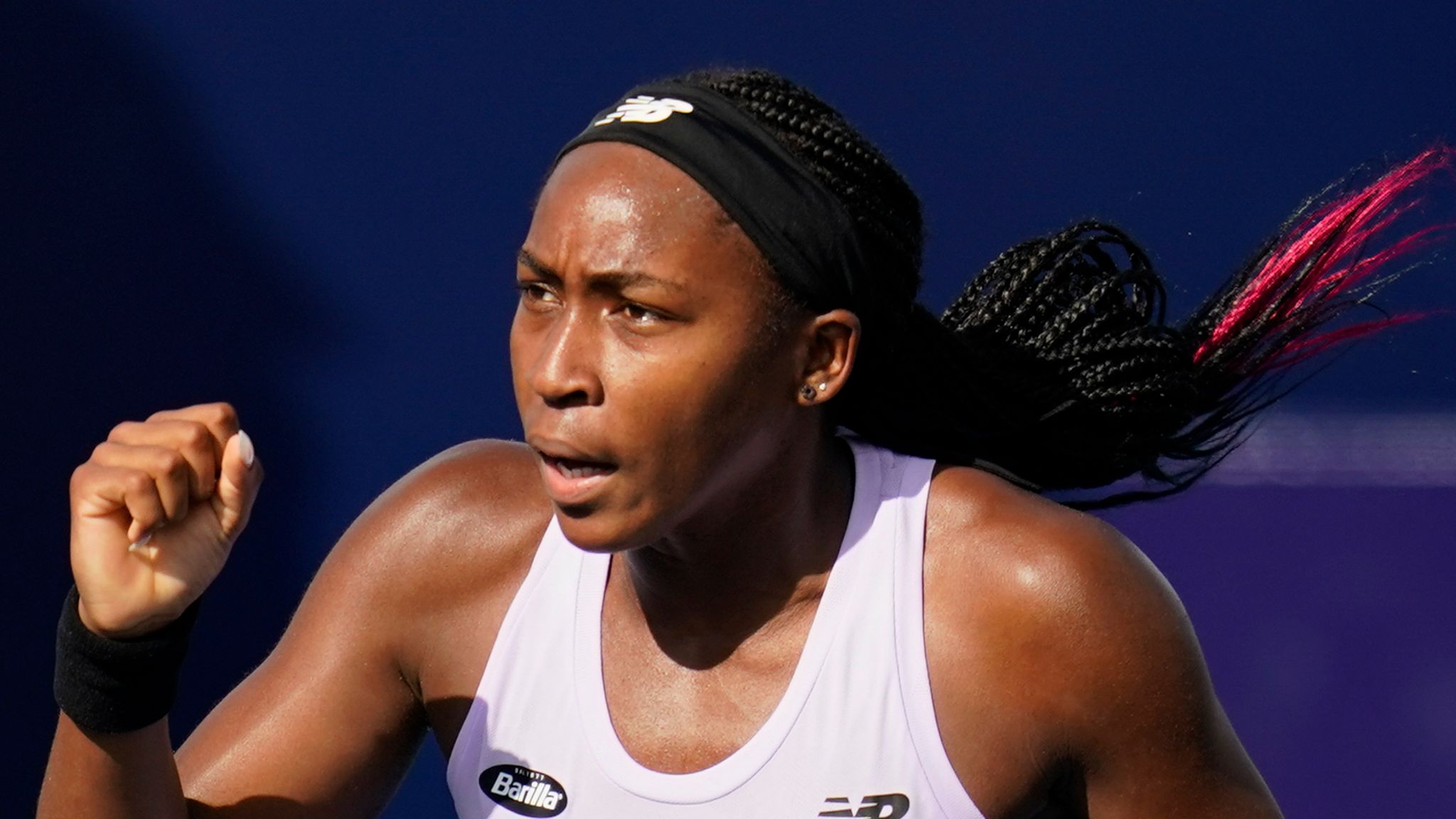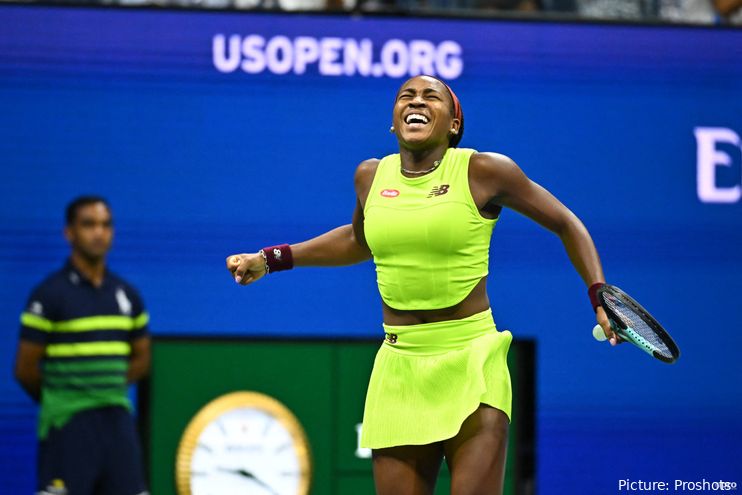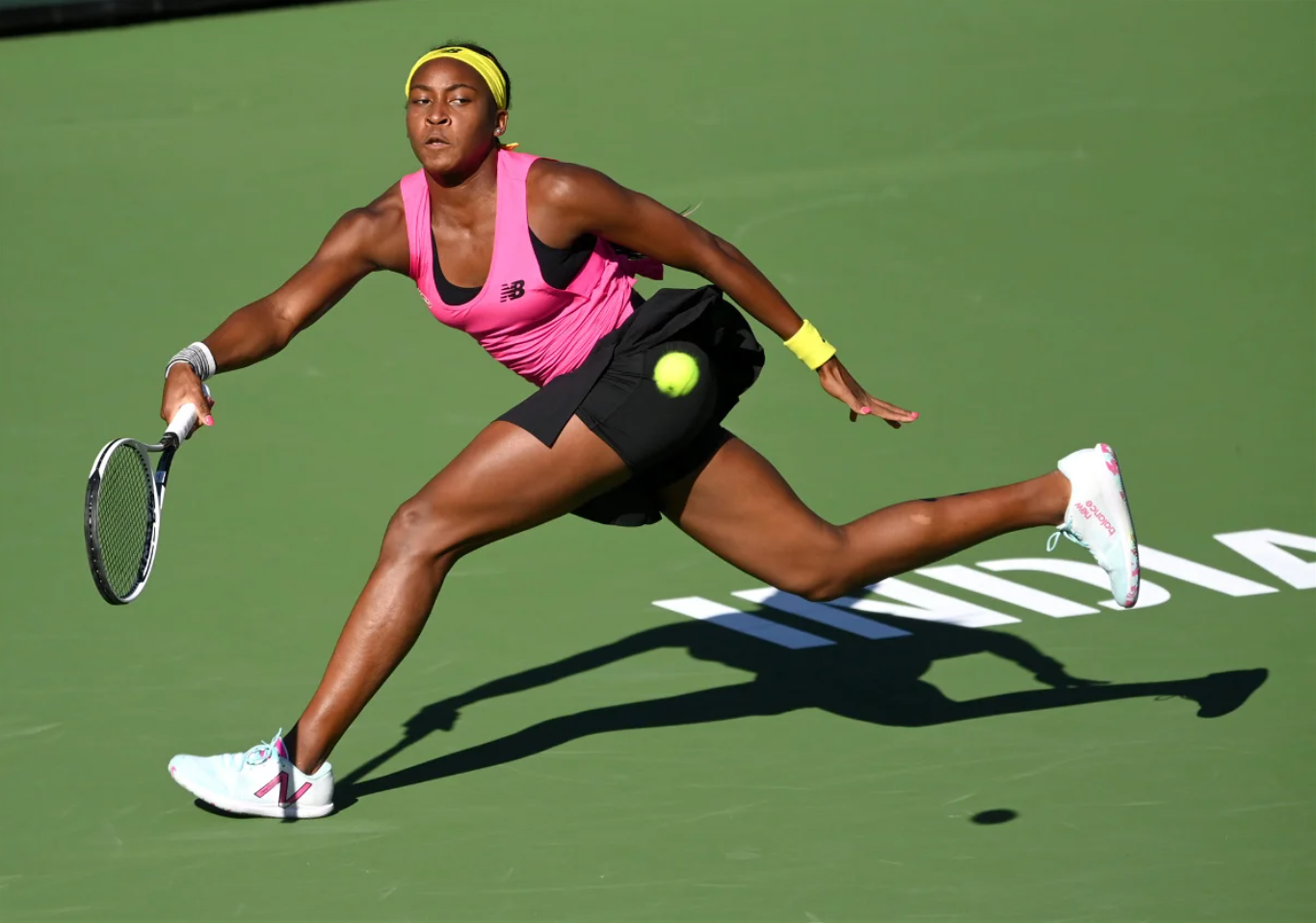Wimbledon, 13 July 2019. Serena Williams’ drive crashed into the net. Simona Halep fell to her knees on the ground. Her arms in the air. Her gaze in disbelief. The second Grand Slam in two years. The tennis world at her feet.
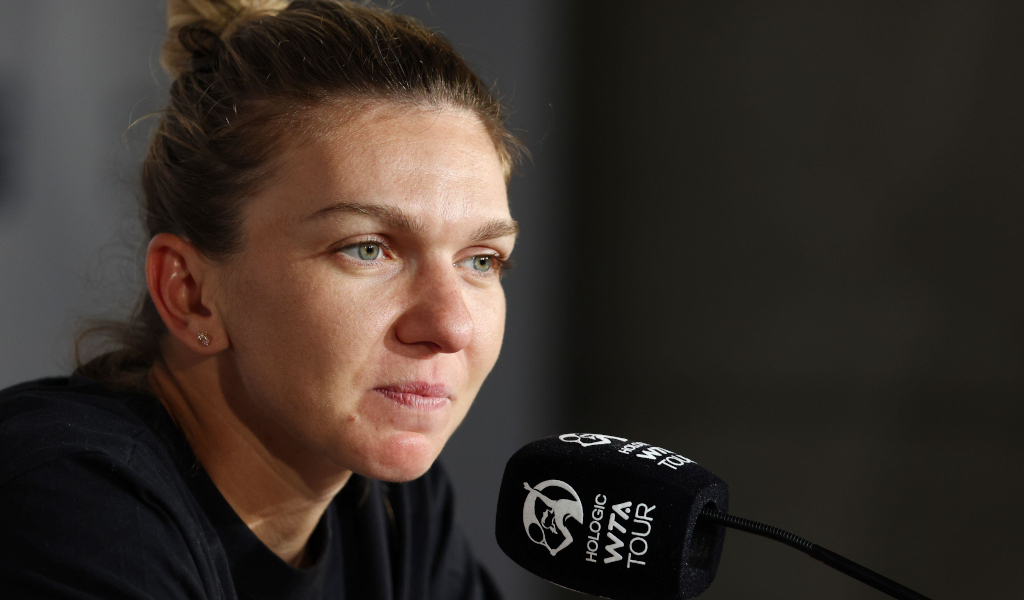
When she was 10 years old, her mother told her that to be somebody in the tennis world she had to play in the Wimbledon final. That glorious afternoon in London, Simona thrilled her family and an entire country. Among those who cried tears of joy was Virginia Ruzici, the Romanian pioneer who in 1978 was crowned at Roland Garros. The legends of tennis welcomed her to the Olympus.
In the last decade, Simona Halep was one of the few players who managed to consistently hold her place in the Top 10. She did it on the basis of a complete game, cemented by a warrior attitude that distinguished her. She moved around the court with a unique verve. Her resume includes 24 titles and unforgettable battles against the best of her generation.
Yet the toughest game of her life is now being played, at the age of 32, because of a positive drug test.
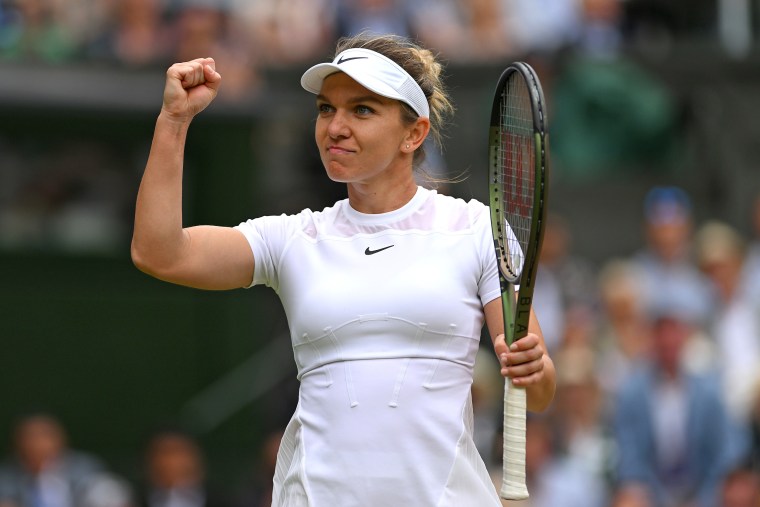
The case
The Romanian arrived at the US Open 2022 in a great moment: after reaching the semi-finals at Wimbledon, she won in Toronto and returned to the Top 10. Her level was growing match by match, and the memories of her golden age (2018/2019) seemed closer than ever.
The tennis did not go her way at the last Grand Slam of the year and she bowed out in the first round.
The problems came with the results of the anti-doping test: the International Tennis Integrity Agency (ITIA) reported the appearance of Roxadustat in her urine test. After an investigation in which Halep maintained her innocence from the outset. The body ruled to suspend her for four years for non-compliance with the Tennis Anti-Doping Programme.
“The tribunal accepted Halep’s argument that they had taken a contaminated supplement, but determined that the volume the player ingested could not have resulted in the concentration of roxadustat found in the positive sample,” the ITIA statement said.
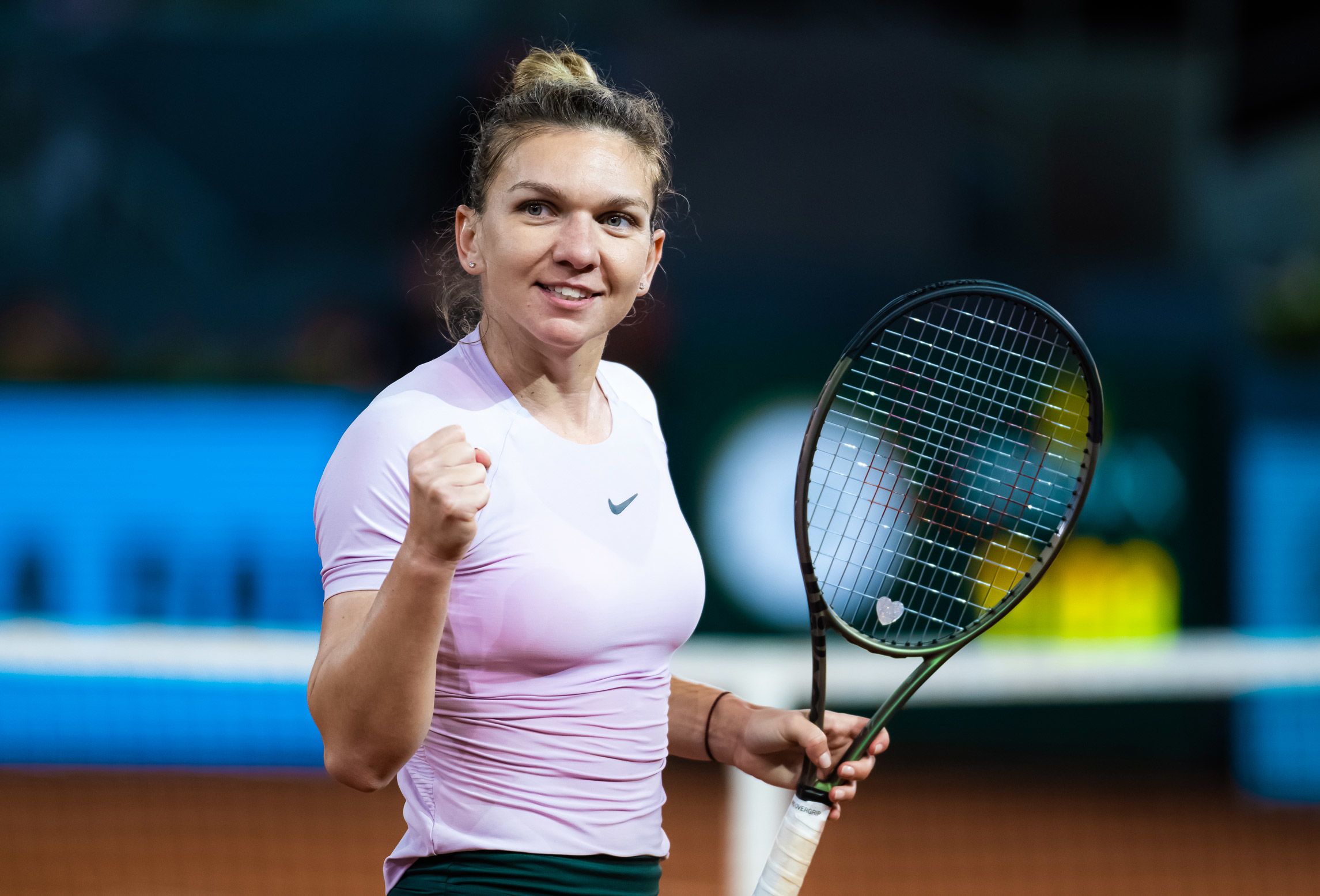
What is Roxadustat and why is it a banned substance?
Roxadustat is on the World Anti-Doping Agency’s list of banned substances because it increases endogenous erythropoietin production and stimulates the production of haemoglobin and red blood cells. In short: it improves the oxygenation of the blood, and for this reason it is considered to have the potential to improve athletic performance.
In this sense, Halep’s case has many similarities with that of Maria Sharapova: the Russian tested positive for meldonium at the 2016 Australian Open. In both cases, the drug promotes oxygenation of the blood. Roxadustat is used in the treatment of patients with kidney disease if they develop anaemia. Meldonium normalises energy metabolism, so that cells do not suffer from lack of oxygen due to physical exertion or stress and allow the athlete to maximise their effort.
Sharapova received a two-year suspension. After appealing, she had it reduced to 15 months. She returned to the circuit via invitationals, unleashing a barrage of criticism from around the tennis world.

Paradoxically, among those voices was Simona Halep, who said: “For children, for young tennis players, it is not right to give a wild card to a player who was sanctioned for doping. It’s not about Maria Sharapova, it’s about all the players who have doped”. Wozniacki, Kerber, and even players like Murray and Tsonga spoke out in the same vein.
At the heart of the issue was the intention to take sporting advantage. Cheating. There is nothing more sacred in the sporting environment than fair play, a level playing field. When that pact is broken, whether voluntarily or involuntarily, the name of the “accused” is tarnished, forever. That is why doping cases are so sensitive.
Simona Halep will have to wait until February to defend herself in court before the Court of Arbitration for Sport. Her goal will be to prove that there was contamination, which is why the amount of Roxadustat found was so low.

In a recent interview with EuroNews, the Romanian broke her silence and reflected on her difficult present:
“It’s been more than a year now and every day has been very painful, emotional, upsetting, because I know I haven’t done anything wrong and I know I’m clean. So it was a shock for me when I got the letter that my urine test, just my urine test, came back positive with a small amount of a banned substance. I have always been against doping. I have been very explicit about it, so it never crossed my mind in my life to do something like that.”
Possible retirement
The most difficult question came at the end. It was the obvious question: if the Court of Arbitration rules against you, will it be the end of your career?”
“I think so, because four years is going to be a long time, for my age at least. And for a sportswoman who has done this every day for 25 years and has dedicated her life to tennis and sport I don’t know how it’s going to be, but it’s catastrophic if it’s going to be four years, and I don’t know how I’m going to handle it. It’s probably going to be the end of my career, yes. And for something that I didn’t do and that’s not my fault, it’s even more catastrophic.”
The Romanian warrior is dejected, but not defeated. Her entourage and most loyal supporters are keeping her on her feet, so that she will fight to prove her innocence. In just a few weeks the end of the film will be known.
